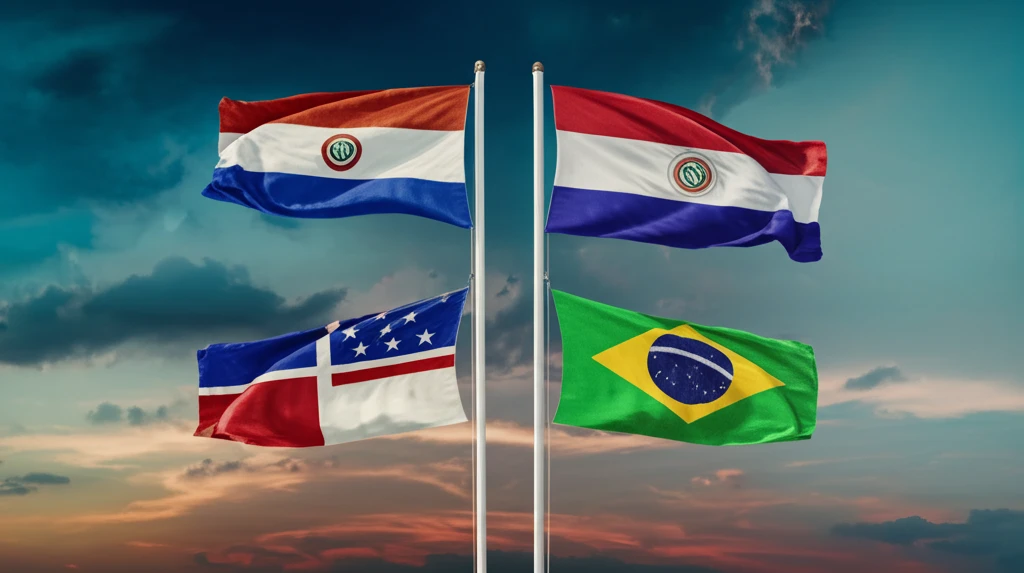
History's Uncomfortable Truths: Can We Ever Truly Learn from the Past?
"Exploring the complexities of historical narratives and their impact on identity, culture, and reconciliation."
History, often perceived as a collection of facts and dates, is a complex and contested terrain. How we understand and interpret the past profoundly shapes our present identities, cultural narratives, and societal relationships. But what happens when historical accounts clash, revealing uncomfortable truths and challenging long-held beliefs? Can we ever truly learn from history if we are constantly grappling with its inherent biases and subjective interpretations?
The interpretation of historical events is not merely an academic exercise; it is a deeply personal and political endeavor. Historical narratives are intrinsically linked to individual and collective identities, influencing how we perceive ourselves, our communities, and the world around us. These narratives, however, are rarely neutral. They are often shaped by power dynamics, cultural biases, and the perspectives of those who control the telling of the story.
This article delves into the complexities of historical interpretation, examining how conflicting narratives impact identity, culture, and the potential for reconciliation. By exploring a specific case study—the War of the Triple Alliance—we will uncover the challenges and opportunities in grappling with history's uncomfortable truths.
The War of the Triple Alliance: A Case Study in Conflicting Historical Narratives

The War of the Triple Alliance (1864-1870), a devastating conflict involving Brazil, Argentina, Uruguay, and Paraguay, serves as a stark example of how historical events can be interpreted and remembered in vastly different ways. While historical sources acknowledge the immense human cost and devastation, there remain fundamental disagreements about the war's causes, justifications, and legacies.
- Paraguayan Perspective: Often framed as a heroic defense against foreign aggression, emphasizing the nation's resistance to imperialist ambitions and the devastating consequences of defeat. This narrative often highlights the economic and political motivations of the Triple Alliance, portraying Paraguay as a victim of larger powers.
- Brazilian Perspective: Frequently presented as a necessary intervention to stabilize the region and protect Brazilian interests, emphasizing the actions of Paraguayan leadership as the primary cause of the conflict. The narrative tends to minimize the war's impact on Paraguay and celebrate Brazil's role in maintaining regional order.
- Argentinian Perspective: The Argentinian perspective looks to see Paraguay as the reason for the war. They view Solano López as the agressor who provoked the war and blame him for all the damage.
Moving Forward: Embracing Complexity and Fostering Reconciliation
Understanding the complexities of historical interpretation is crucial for fostering empathy, critical thinking, and constructive dialogue across cultures. By acknowledging the multiple perspectives and inherent biases within historical narratives, we can move beyond simplistic accounts and engage in more nuanced and meaningful conversations about the past. Embracing this complexity allows us to understand how history’s interpretations can influence identity and promote alternative reconciliation efforts.
